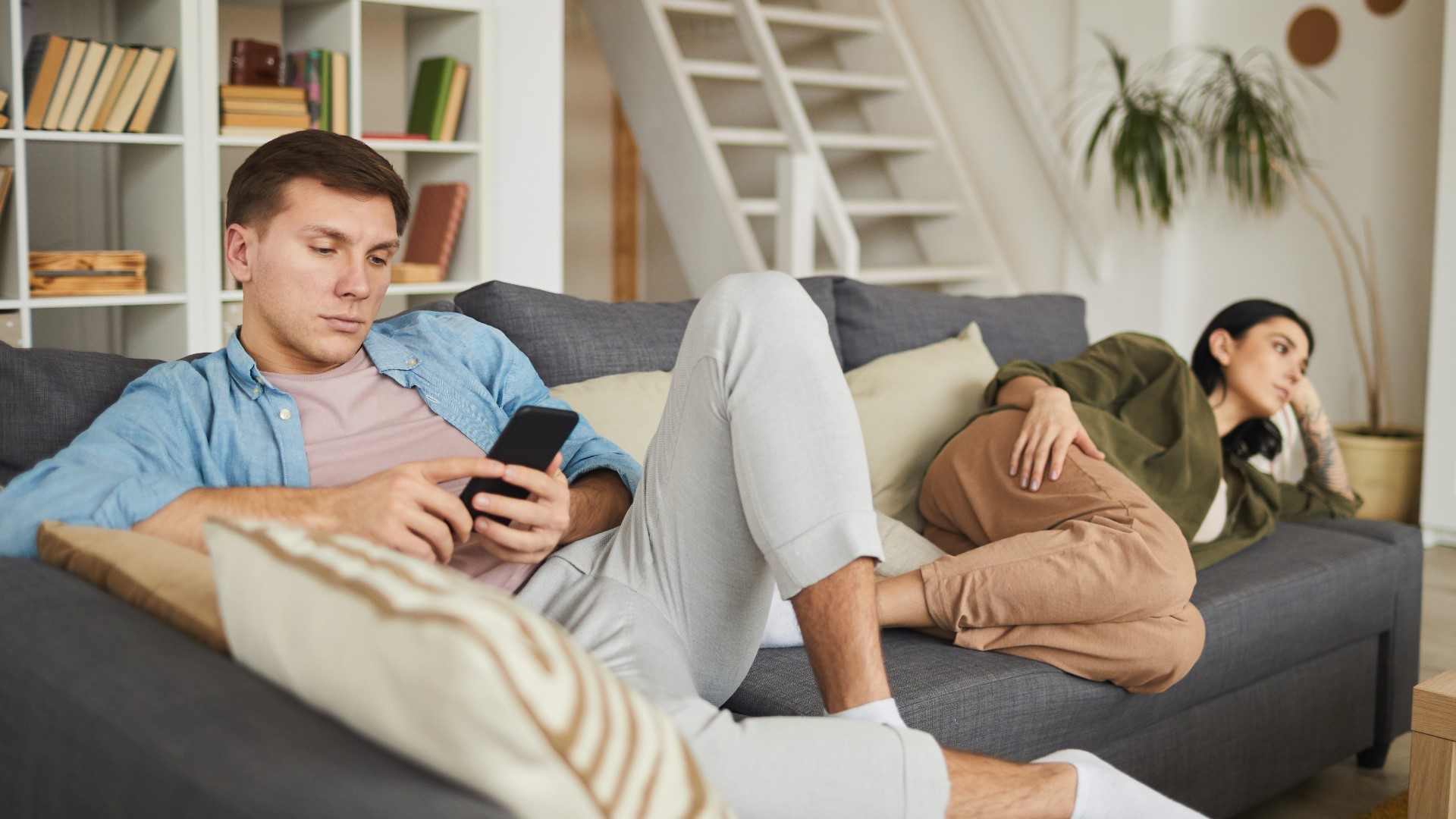PHOENIX — Depending on where you live, you've probably been cooped up in your home for months now quarantining. And depending on your living situation, the isolation that comes with living alone or being around your family may be driving you a little crazy.
No one is immune to the feelings of frustration and anxiety that comes with being stuck inside for months on end. And these feelings are completely normal, according to Scottsdale Recovery Center recovery coach Amy Samuel-Meda.
Being "sick and tired" of quarantine is called quarantine fatigue, which can make you feel like you're just "over it". Samuel-Meda said, "it's the isolation and the lack of stimulation that can lead to lack of motivation and lack of focus."
Physical symptoms like body aches and pains, headaches, sluggishness and fatigue can also manifest. Also, anxiety and depression can feel heightened during quarantine fatigue, potentially causing you to lash out at loved ones with rage or crying. Some people even experience further withdrawal.
Combating quarantine fatigue can be done with a few simple steps. First, manage your media diet. "Turn off the TV, stop reading the news feed, make sure you're not getting too much news," said Samuel-Meda.
Second, stick to a routine. This means getting up at a normal time every day and getting ready just the same as if you were meeting up with someone.
Third, stay connected. Samuel-Meda suggests trying to connect with five different people throughout the day. She says it's vital to connect to in order to stay sane during these times.
If you're struggling with quarantine fatigue or you're struggling to find balance, reach out for help. You can connect with a counselor or therapist virtually. When meeting with a therapist it's vital to make sure you're a good fit. Ask them questions like, "what's your approach" or "what's this going to look like?"
You can find more resources at the American Psychological Association, Good Therapy, Open Path Collective, Psychology Today and the Arizona Psychological Association.
And as we begin to reopen states and go back to our normal lives, Samuel-Meda says everyone should move at their own pace. Some people will be comfortable moving at a faster pace. For people who want to take it slower, she suggests that you listen to yourself and do what feels right for you.
"We are absolutely stronger than we think and survival is a powerful motivator. It's a primal instinct and it will guide us and get us through."


